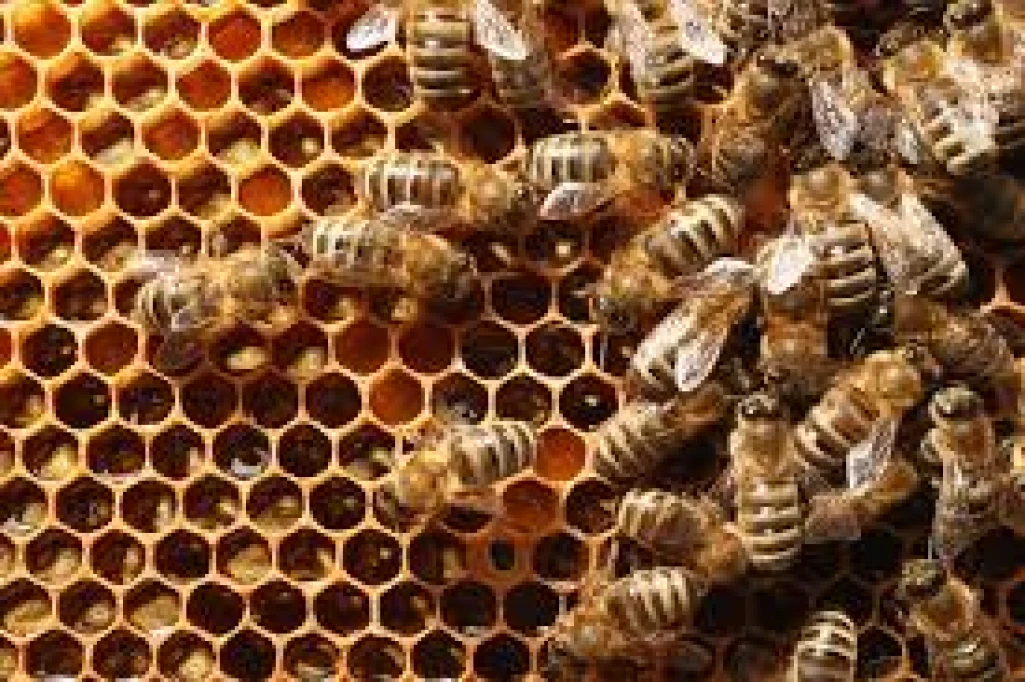
A swarm of bees attacked and killed a man in Twic County, Warrap state on Tuesday.
The 56-year-old man was stung together with his wife by the bees while returning home from a neighbor in Langic village. They had reportedly gone to console the neighbor whose relative died.
The woman survived the bee attack, but the man passed on in the hospital on Wednesday.
Joseph Aguer Mayom, the Clinical Officer at Mother Teresa hospital in Turalei said the woman is responding well to medication.
“The patients were under treatment at home but there was no improvement, so the old man died last night and the woman is now in hospital and her situation is improving,” he reported.
Last year, a similar incident happened in Aweng Payam when a swarm of bees also killed an old woman.
Bee sting venom contains proteins that affect skin cells and the immune system, causing pain and swelling around the sting area. In people with a bee sting allergy, bee venom can trigger a more-serious immune system reaction.
If you get stung more than a dozen times, the accumulation of venom may induce a toxic reaction and make you feel quite sick like; nausea, vomiting or diarrhea, headache, a feeling of spinning (vertigo), convulsions, fever, dizziness or fainting.
Allergic reactions to bee stings are typically more severe in adults than in children, and are more likely to die of anaphylaxis than children are.
Medical experts say if a few bees are flying around you, stay calm and slowly walk away from the area. Swatting at an insect may cause it to sting. If a bee or wasp stings you, or many insects start to fly around, cover your mouth and nose and quickly leave the area. When a bee stings, it releases a chemical that attracts other bees.
If you can, get into a building or closed vehicle.